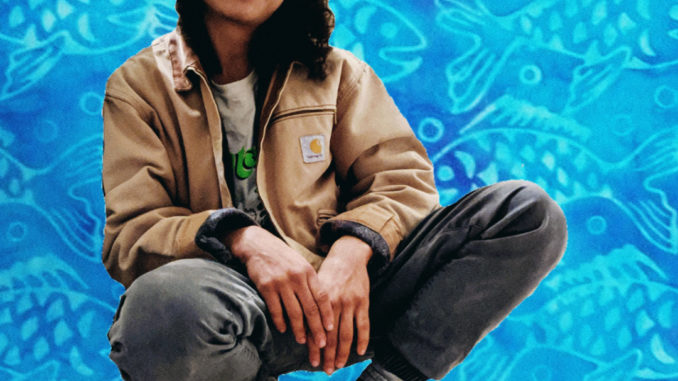
It would be easy to mistake Scout Parker for a new artist. At 26, the fresh-faced musician—who goes by Scout on record and stage—looks even younger than that. Plus, the local singer/songwriter’s fresh electronic/hip-hop-influenced brand of indie-pop is more youthful and current sounding than probably any other music in town.
Truth is, Scout has been a performing musician for more than a decade—starting with posting videos on YouTube as a young high-schooler and self-releasing album number one, Flowers, in 2013. Over the course of self-recording and playing every instrument on five albums and three singles, and posting more than 100 videos, Scout has evolved in both sound and person—with the music going from an acoustic guitar/banjo-driven folk style to an often beat-heavy electro-acoustic mashup, while the person simultaneously went on an identity journey that led to transgender hormone replacement therapy starting in 2017.
This most recent chapter in Scout’s life was chronicled on the album Transitioning, released on Bandcamp in April. In the online liner notes, Scout explains: “Here you can hear my voice shifting all the way from my first shot of testosterone (track No. 1) to the end of my first year (track No. 10).”
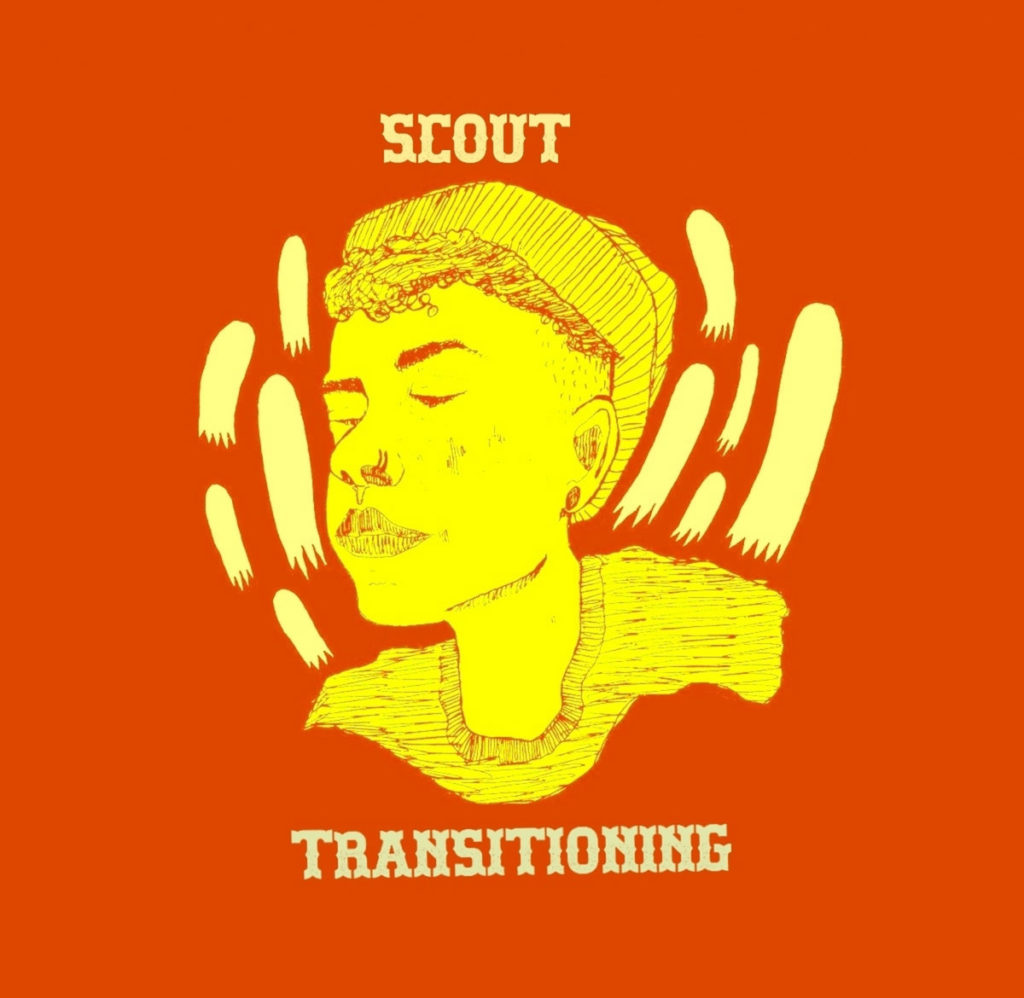
Now, just a half-year later, that new, soulful, lower-register voice is put to work on a second full-length for 2020, Don’t Forget to End. In a recent online chat, the prolific local musician talked with the CN&R about the art of making music and the evolution of Scout.
At the end of the lyric video on your YouTube channel for “Like I Love Me” (from Don’t Forget to End), when the song kicks back in after the break, you have such a look of joy on your face. Were you as happy as it looks in that moment?
Yeah, I was feeling that song. The quarantine definitely pushed me to have to deal with feelings and emotions and fears. I’m just accepting how I’m actually feeling and what I’m actually going through, and it’s just coming out in a more natural way.
I wrote “Like I Love Me” a while ago, but it was kind of like the peak of “I’m just going to do me” and not care about what other people want from my performance or from my creations. It felt good to be like, “Hold up. I do love myself, I enjoy my company. Do you?”
You have more than 5,000 subscribers to your YouTube channel. How long have you been posting videos?
I’ve been on there since my freshman year in high school, maybe 8th grade? I’m surprised. It’s really cute. I definitely connect with the youth a lot—the transgender youth. It’s really exciting because people will comment: “I’ve been here since this video,” and it’s like a video from high school that I’ve forgotten about. It’s just such a nice experience that I’m so lucky to get to have—just getting to be there for people in a way that I have appreciated other artists being there for me.
You play a lot of instruments—banjo, acoustic and electric guitar, electronic effects, sampler/loops. How does that impact your music?
Being able to play multiple instruments is lifesaving for me, and it always has been since I was a little kid. There’s a way to reach feelings through instruments that is just beyond anything I could figure out or discover [without]. It’s amazing to be able touch the feelings that you’re trying to express through sound. Humans are cool. I’m really impressed with our ability to create.
Is Scout your given name?
No, I’m trans, so I got to choose the name Scout. Scout was actually my Shady Creek name, so it was my camp name. I went there in sixth grade, then I returned there for a few years in high school to be a counselor. I made a lot of friends who were into the same kind of things I was—sustainability, animals and not hurting the animals. I felt very at home when I was there, and everybody called me Scout. A few years later, my little sister went to camp and I got to go pick her up, and everyone remembered me and they were like, “Scout!” I was like, “Oh my god, this is beautiful.”
Scout is my name. This is right. It’s not just a stage name, it is my name.
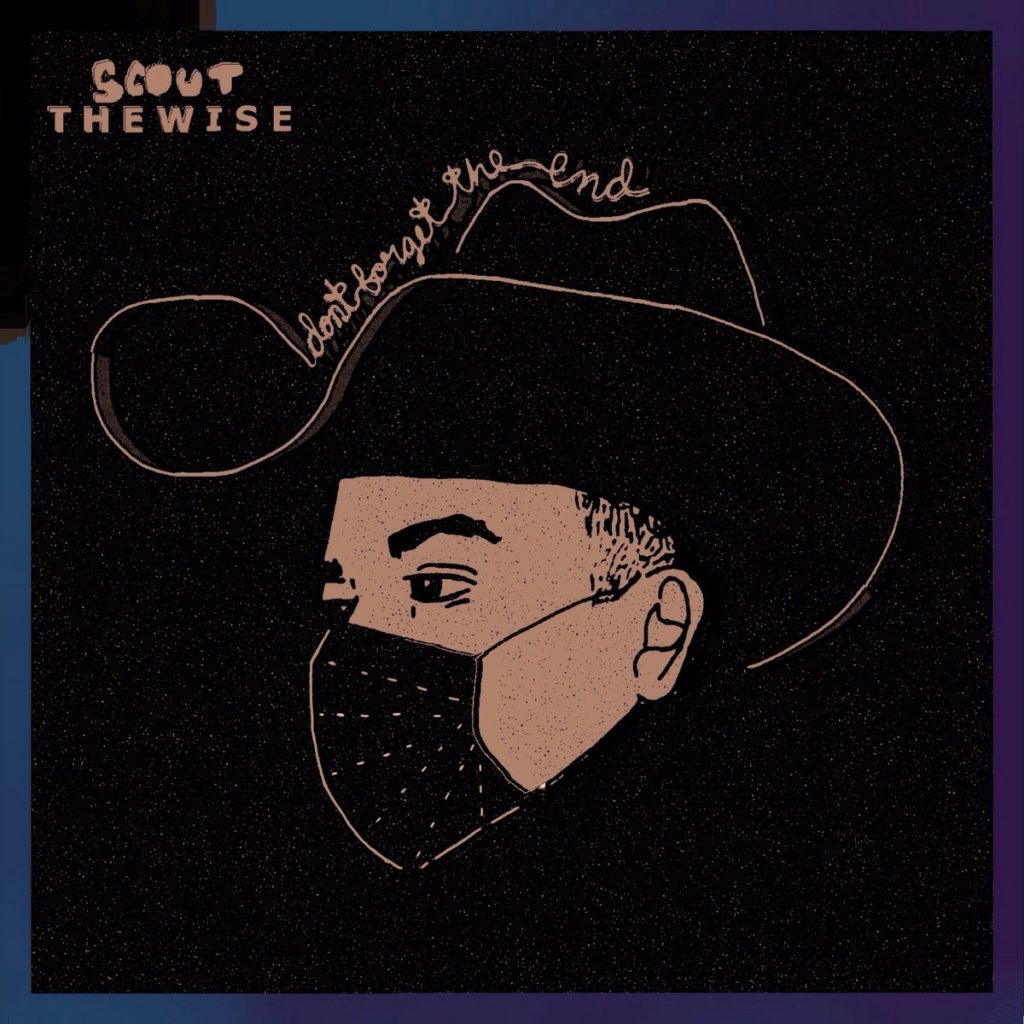
Your last album had an obvious theme. With Don’t Forget the End, is there a common thread that runs through it?
I wrote three of the songs not in lockdown, but the rest I did write quarantining. The tone of it is kind of like: letting go and creating. With this album, I was—through my sound—creating a message of: “Don’t be afraid to try things that might be considered new to other people. … Don’t be afraid to share yourself, wherever you are, with others and realize we are not one thing. We are not one genre.”
Does having a deeper voice now open up new things for you vocally?
It has definitely opened up my mental capacity. I had to learn everything all over again because my voice completely lowered into a range that I’ve never been able to even talk in. At first, my voice was cracking, and when I’d try to sing certain notes, nothing would come out at all. I just would keep practicing the notes that I could do and polish them up a bit. It’s not even perfect right now. It’s definitely been a process to relearn how to sing when singing is something I’ve considered my whole life to be medicine.
Through practicing and just patience, I’ve been able to do things that I couldn’t do before. And I feel like I’ve practiced more than I did before, in a way. Through intentional practicing, I think I’m a better singer than I was before. I’m also a better person than I was before because I have a lot less anxiety related to gender and just like my body in general. It’s cool to go through such a huge change within something that I felt entirely comfortable with and relied on; and to get to have a closer relationship with it through losing it for a moment is just so cool and unique.
I feel very lucky to get to transition, and to be able to transition with music is a big deal, too.

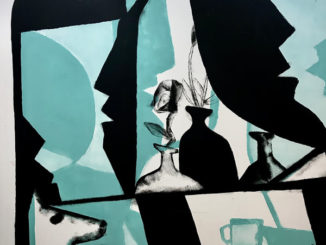
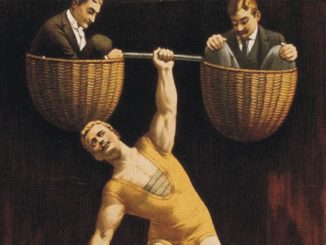
Be the first to comment